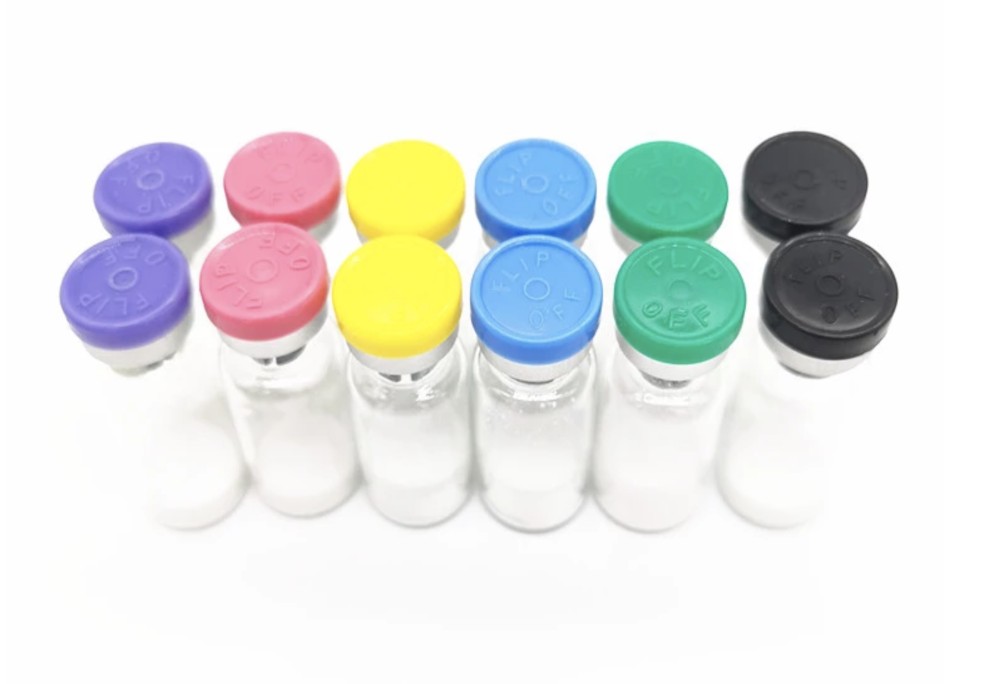Insulin-like growth factor 2 (IGF2) is a protein hormone known to regulate cell proliferation, growth, migration, differentiation and survival. The gene is parentally imprinted in the sense that transcripts are almost exclusively derived from the paternal allele. Loss of imprinting of the IGF2 gene is a recurrent observation in growth disorders that combine overgrowth with a variety of malignant tumours. Além disso, IGF2 has been proposed to play a role in the development of a variety of seemingly unrelated cancers that play an important role in geriatric medicine, por exemplo. breast cancer, colon cancer and lung cancer. Finally, IGF2 has been implicated in cardiovascular disease, since, for example, IGF2 has been shown to influence the size of atherosclerotic lesions.
IGF2 is a crucial factor for the regulation of cell proliferation, growth, migration, differentiation and survival. IGF2 (as well as IGF1) interacts with several receptors and binding proteins in order to exert its actions. It binds to the non-signaling IGF type 2 receptor (IGF2R) with high affinity. This receptor is homologous to the cation-independent mannose-6-phosphate (M6P) receptor. IGF2 can also bind to different signaling receptors, such as the IGF type 1 receptor (IGF1R) and the insulin receptor, albeit with lower affinity, although an alternatively spliced version of the insulin receptor, named insulin receptor isoform A, may bind IGF2 with higher affinity.
Both IGF1 and IGF2 are present in the circulation and can be readily detected in plasma. As might be predicted from the pattern of synthesis, circulating IGF1 levels rise during juvenile life and then decline after puberty, while circulating IGF2 levels are highest in the fetal circulation. Circulating IGFs are mostly associated with 6 specifically designed binding proteins (IGFBPs) which exhibit tissue- and stage-specific expression. In vitro, all IGFBPs inhibit the biological activity of IGFs, suggesting that part of their function may be to restrict the availability of biologically active IGFs






















